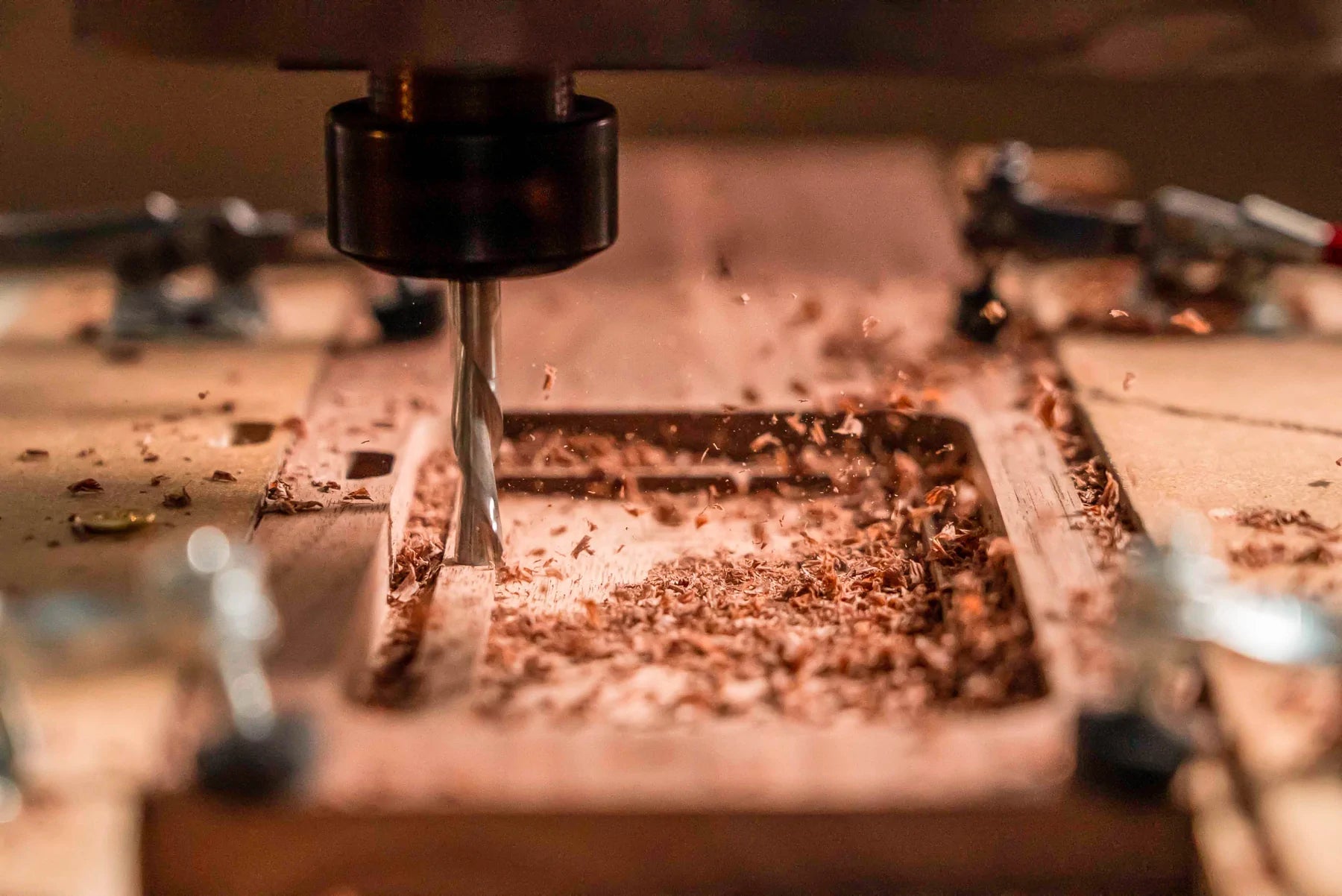As consumers, we have become accustomed to the convenience of being able to walk into a store and find a wide variety of products available for purchase at any given time. But at what cost?
The traditional model of manufacturing involves producing large volumes of products in factories, often located overseas, and shipping them to stores where they sit on shelves until they are purchased by consumers. This model relies on the constant demand for new products and the constant turnover of inventory.
But what happens to all of the unsold products? They often end up in landfills, contributing to the growing problem of waste and pollution. The production and transportation of these products also has a significant impact on the environment, with the carbon emissions from shipping contributing to climate change.
In addition to the environmental consequences, this model of manufacturing can also have negative social and economic impacts. Large factories in developing countries may offer employment, but they often operate in a way that prioritizes profit over the well-being of workers. This can result in poor working conditions, low wages, and a lack of benefits.
There is a better way. Local, made-to-order manufacturing offers a more sustainable solution. By producing products on a smaller scale and only creating them when there is a specific customer order, there is no need to carry a large inventory. This not only reduces waste, but it also saves resources that would have been used in the production of unsold products.
In addition to the environmental benefits, local, made-to-order manufacturing also has the potential to create jobs and stimulate the local economy. It allows for a closer relationship between the manufacturer and the customer, resulting in a higher level of craftsmanship and attention to detail. Local manufacturing also allows for greater transparency and accountability, as customers can visit the place of production and see firsthand the conditions in which their products are made.
So the next time you are shopping, consider supporting local, made-to-order products. Not only will you be making a more sustainable choice, but you will also be investing in the local community and supporting small businesses. It may require a bit more patience as you wait for your product to be made, but the benefits are well worth it. By choosing locally made, made-to-order products, we can all play a part in creating a more sustainable and equitable world.





